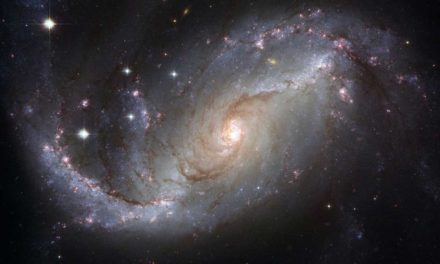Right, there is no such word as “love slash hate.” It’s a stunted way to make the central point about writing what you feel. The ethics of using emotional words is embedded in the core attributes of honesty, integrity, and sincerity. Truth or falsity are not ethical norms in this context because expressing one or the other is an opinion. But is it? If you love someone or something, isn’t that a statement of fact? And also hate? Or are they feelings, which are neither facts nor opinions?
Abstract love is intellectually available but not fun to write about. Romantic love is a metaphysical and ethical status—a step up from mere sexual or physical attractiveness. Platonic love stems from a notion that love is a desire for beauty-a value that transcends the particularities of the physical body. Loving yourself might be narcissistic, but without it you are loveless. Loving your life is an act of both contrition and obligation. It brings with it the ethical demand for honesty. And not loving yourself does not necessarily mean you hate your life—it might mean you just need to change it. That alone suggests that hate is not the reciprocal of love.
Gabriel Garcia Marquez disagrees, saying, “Hate and love are reciprocal emotions.”[1] That brings us full circle to the ethical inquiry. Using love or hate as a word requires context to assess ethicality. In an emotional context, they are reciprocal emotions. But in a descriptive narrative, they may be the same emotion expressed differently in context.
Hate is felt as deeply as love is. It hurts as much as love does. More important it could not exist without love—when coupled they define the arc of emotion and its polar extremes. While incongruous, love can turn into hate almost instantly—the rarely seen hate at first sight. Infidelity is often the generator that redistributes love and turns that emotion into hate within fragments of seconds. Take this slight of pen. “Yang, whatever your real name is, I felt it the moment I opened our bedroom door. My heart began racing, my voice croaking, my head exploding, my tounge twisting. I felt giddy, weak, and needy. Why? Unadulterated loathing!” Obviously, Yang’s former lover caught him in flagrante delicto.
Ethics are inherent in human relationships based on love. They establish unsaid rules and silent understandings between lovers involved in a relationship. If both remain true to love, both are good—in a moral sense—and are equally and evenly motivated by love, then their ethics are shared. When that ethical bond is shredded by word, thought, or conduct, chaos replaces love. Often, in unforgiving circumstances it disintegrates into hate, loathing, unabating hate.
We write emotional pieces by creating love through emotional constructs just as we deny love by withdrawing the emotional stepladders and replacing them with hateful acts. If you show, rather than tell this creation/destruction scene, it is best done with abdominal references to the gut, and anatomical organs such as the heart, with rapid changes in skin temperatures, and at least a nod to tearing of eyes.
When we write about hate, it often takes the form of hate speech. There is no commonly accepted legal definition of “hate speech” under American law. That’s because the basics of evil ideas, race-based hatred, unpatriotic speech, or condemned writings may be protected by the First Amendment. That said (or in this case written) hate speech and hate writing express the speakers or writers’ opinions in a way intended to vilify, humiliate, or incite hatred against people based on race, religion, skin color, sexual identity, gender identity, ethnicity, disability, or national origin.[2]
While America’s political structures are increasingly divided by racism, bigotry, culture, gender and national origin, our literary interests still lean toward creativity rather than depravity. The difference may be our adherence to ethical and moral norms, while many office seekers adhere to winning at any cost.
[1] https://www.idlehearts.com/2449949/hate-and-love-are-reciprocal-passions
[2] Kenneth Ward, “Free Speech and the Development of Liberal Virtues: An Examination of the Controversies Involving Flag-Burning and Hate Speech,” 52 U. Miami L. Rev. 733 (1998).

I am an author and a part-time lawyer with a focus on ethics and professional discipline. I teach creative writing and ethics to law students at Arizona State University. Read my bio.
If you have an important story you want told, you can commission me to write it for you. Learn how.






 I am an author and a part-time lawyer with a focus on ethics and professional discipline. I teach creative writing and ethics to law students at Arizona State University.
I am an author and a part-time lawyer with a focus on ethics and professional discipline. I teach creative writing and ethics to law students at Arizona State University.  My latest novel is Hide & Be.
My latest novel is Hide & Be.  If you have an important story you want told, you can commission me to write it for you.
If you have an important story you want told, you can commission me to write it for you.